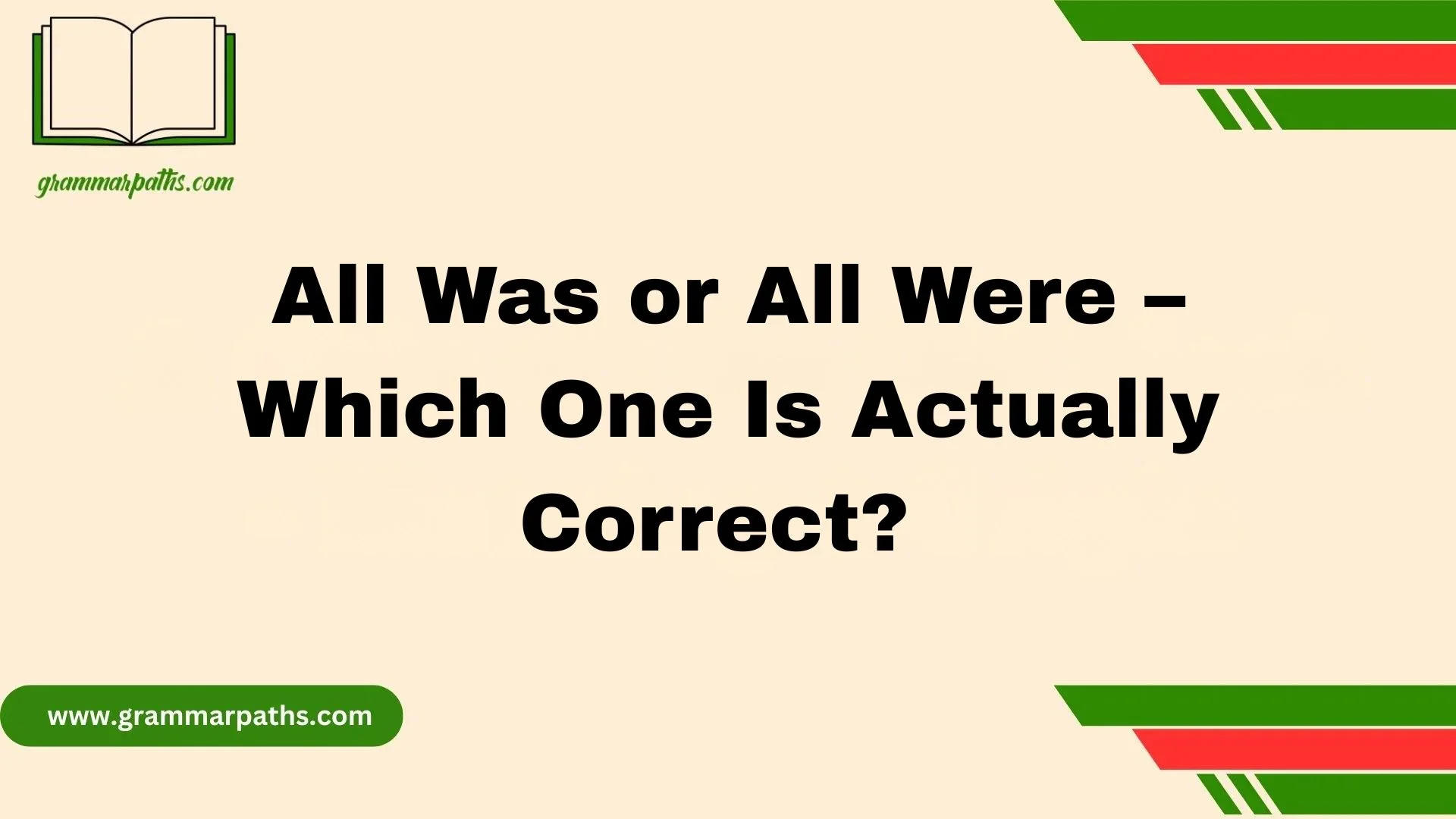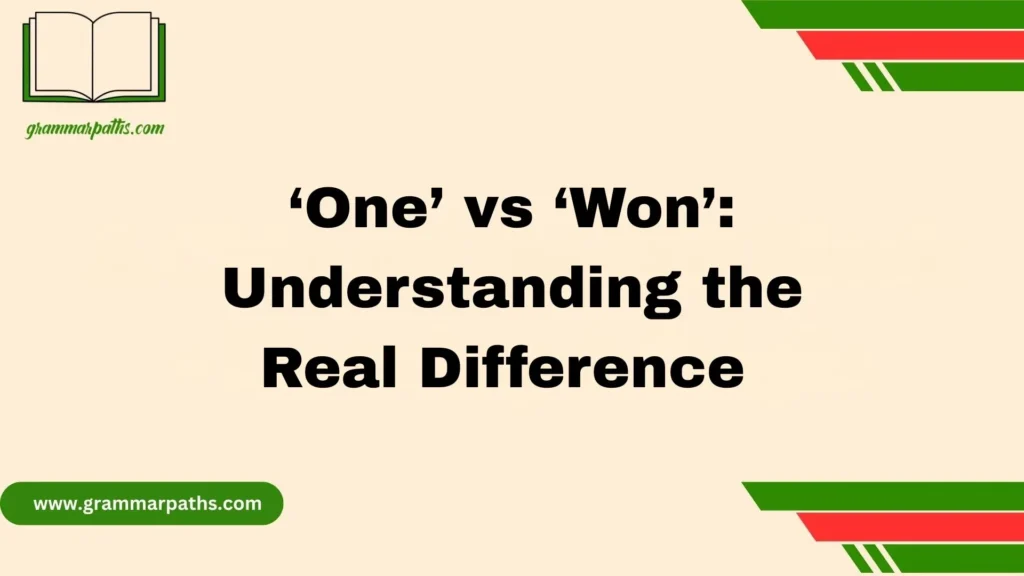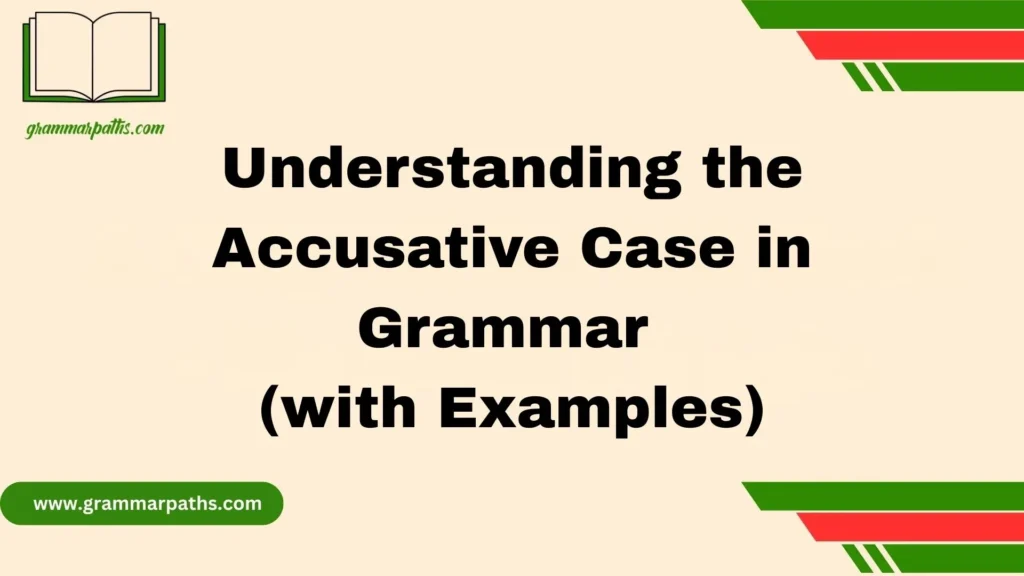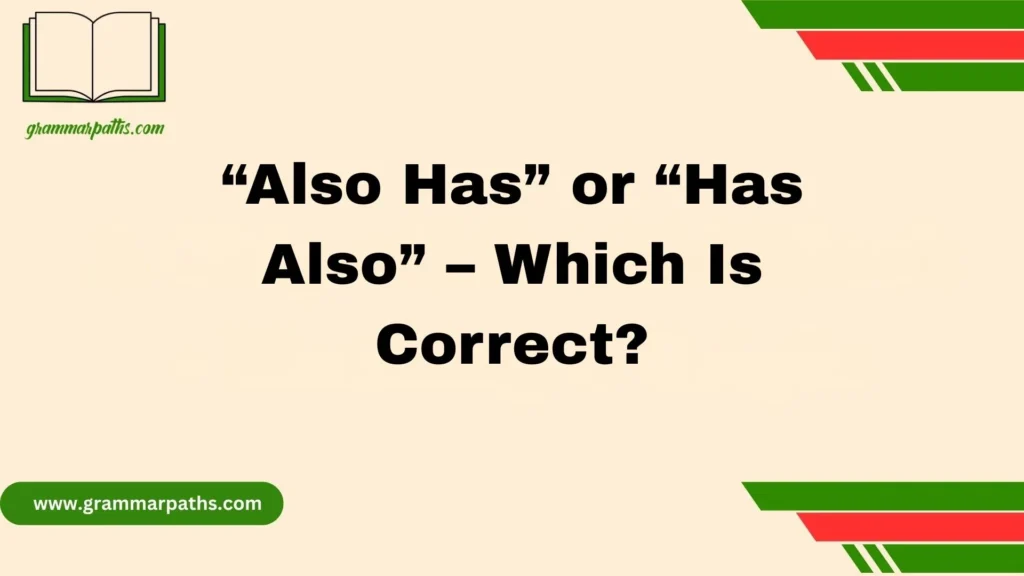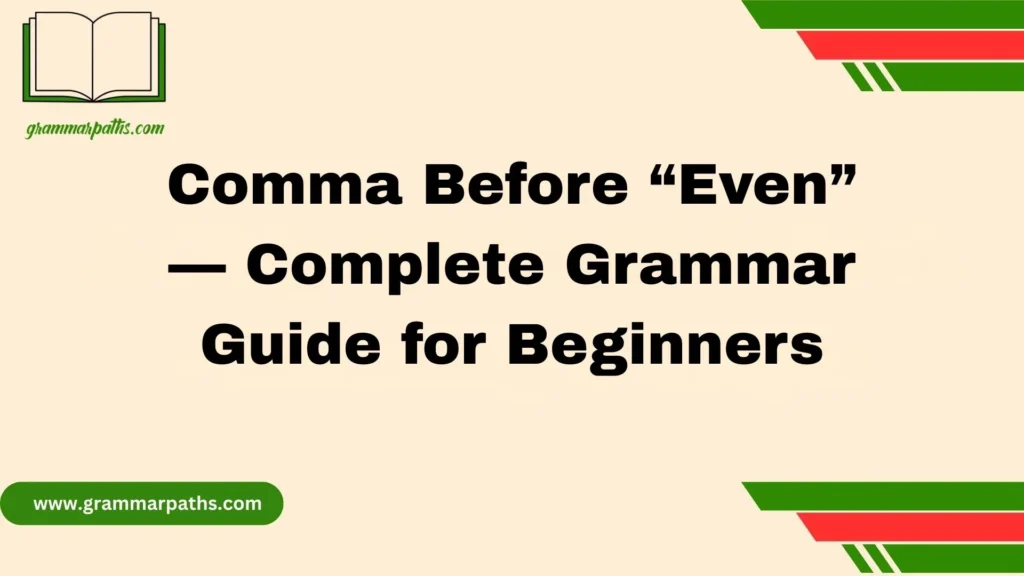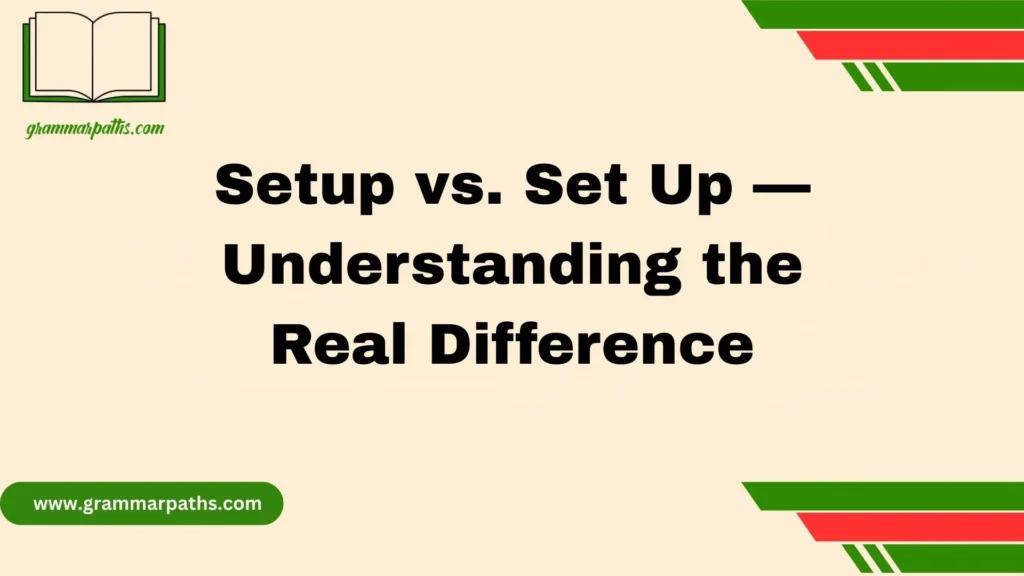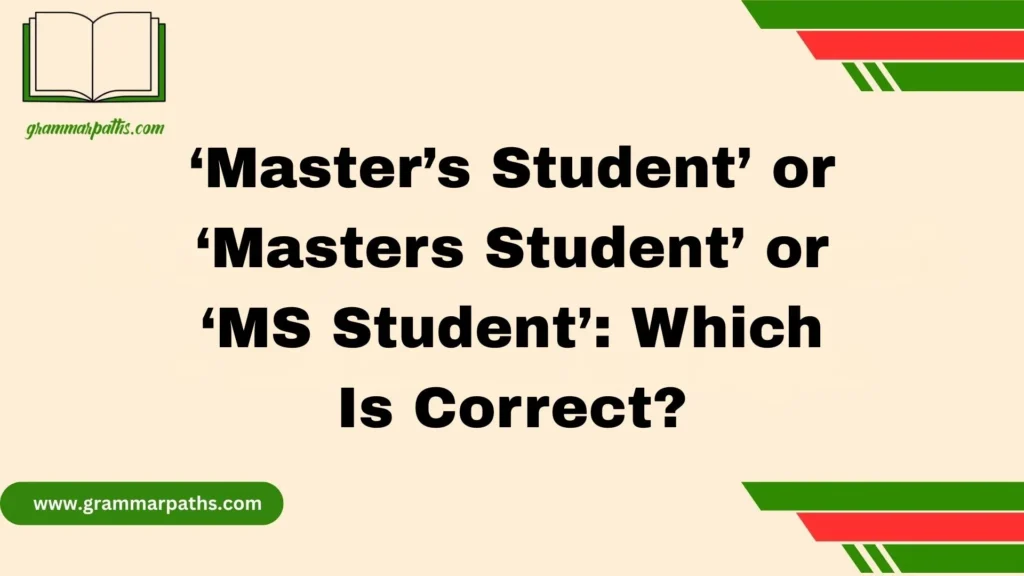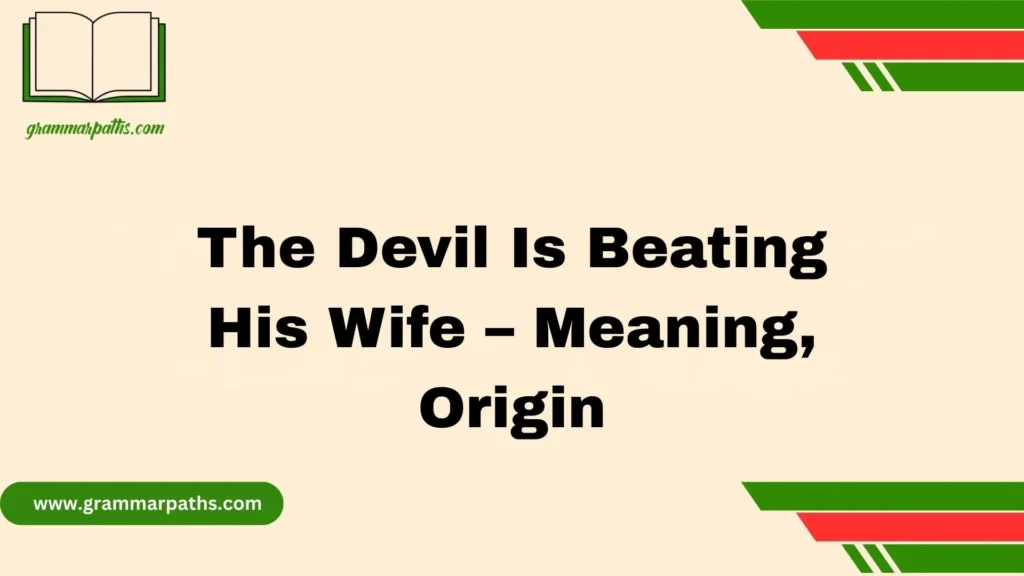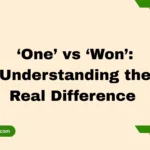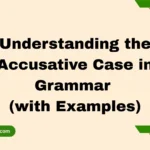When I first started teaching English, I often noticed native speakers struggling with the phrase “all was” and “all were.” The confusion came from how the context changes the choice between singular and plural. In grammar, verb agreement depends on whether all refers to a single group, a mass noun, or multiple things. If you refer to a single unit, “all was” is technically correct, but when it points to plural things, “all were” is the correct form. From my own learning and teaching experience, I’ve seen that understanding the rules isn’t just about memorizing from textbooks; it’s about connecting grammar to real-world examples and usage patterns. That’s why I often tell students to look closely at the subject, predicate, and context clues to determine the right choice.
In my language classes, I use tools like Google Ngram Viewer to help analyze usage trends and spot how collective nouns behave in real life. This tool gives useful insights into language usage and helps speakers gain confidence in communication. Once you start to understand the agreement between subject and verb form, grammar confusion starts to fade. You’ll see that context makes all the difference when choosing between forms, and the ability to cut through confusion improves your speaking confidence. Over time, through grammar learning, pattern spotting, and studying usage differences, you’ll learn grammar not by rote but through useful guides, learning examples, and real-life understanding. That’s how grammar works — by observing actual usage, making reference to patterns, and growing from both teacher and speaker experiences.
Understanding the Core Grammar Rule Behind “All”
At its core, “all” is a quantifier, meaning it tells us how much or how many. What makes it tricky is that it can refer to both singular (mass) and plural (countable) nouns.
The key to choosing between was and were lies in what “all” represents.
Here’s the golden rule:
If “all” refers to a single, uncountable thing — use “was.”
If “all” refers to multiple, countable things — use “were.”
Let’s see this in action:
| Type of Noun | Example Phrase | Correct Verb | Example Sentence |
| Uncountable (mass noun) | all the water | was | All the water was gone. |
| Countable (plural noun) | all the people | were | All the people were happy. |
In short, think of “all” as a mirror—it reflects the number of whatever follows it.
When “All Was” Is Grammatically Correct
Referring to Singular or Uncountable Nouns
We use “all was” when talking about things you cannot count individually. These are called mass nouns. Words like sand, furniture, information, money, or equipment fall into this category.
Examples:
- All the furniture was damaged in the flood.
- All the information was correct.
- All the milk was spilled on the floor.
- All the snow was melted by noon.
Here, “all” refers to a single mass or collective quantity, not separate items. Using “were” would sound unnatural because you’re not counting individual units.
Correct: All the sugar was gone.
Incorrect: All the sugar were gone.
Collective Sense – When “All” Refers to a Unified Whole
Sometimes, “all” points to the entire situation or event rather than specific objects.
Examples:
- All was calm after the argument.
- All was forgiven in the end.
- All was silent before dawn.
In these examples, “all” captures a broad, abstract state. You’re describing everything collectively—not separate parts.
This type of expression often appears in literature, storytelling, and reflective writing.
“All was still; the world seemed to hold its breath.”
— A classic narrative use showing peace or finality.
Common Mistakes and Clarifications Using “All Was”
Let’s fix some frequent errors:
| Incorrect | Correct | Explanation |
| All was people at the party. | All were people at the party. | “People” is plural. |
| All was happy faces. | All were happy faces. | Refers to multiple faces. |
| All was noise and laughter. | All was noise and laughter. | “Noise and laughter” act as a single collective concept. |
When in doubt, look at the noun after “all.” If it’s plural or can be counted, choose “were.” If it’s uncountable or a single idea, “was” fits perfectly.
Exploring “All Were”: The Plural Perspective
When “All” Refers to Multiple Countable Things or People
Use “all were” when describing more than one item, person, or concept that can be counted.
Examples:
- All the books were on the table.
- All the students were ready for the exam.
- All the lights were turned off.
- All the cookies were eaten before dinner.
In every case, “all” refers to multiple separate things. The verb “were” matches that plural sense.
Implied Subjects – When the Plural Is Understood
Sometimes the noun after “all” is missing, but the meaning is still clear:
- All were chosen.
- All were invited.
- All were finished by noon.
Even without a visible noun, the listener understands “all” means people, tasks, or things in plural form. Compare that to:
- All was chosen. → Feels abstract, like “All was predetermined by fate.”
The first refers to countable individuals, the second to a single concept.
Contextual Cues That Indicate “All Were”
A few signals help you decide quickly:
| Clue | Use | Example |
| “All of them” | were | All of them were excited. |
| “All of us” | were | All of us were waiting. |
| “All of the cars” | were | All of the cars were parked outside. |
| “All of it” | was | All of it was worth the effort. |
The pronoun following “all of” tells you the verb choice.
If it’s them, us, people, items, → “were.”
If it’s it, water, time, → “was.”
Comparing “All Was” vs. “All Were” in Real Sentences
Let’s look at real comparisons:
| Sentence | Correct Form | Explanation |
| All ___ quiet before the storm. | was | Describes an overall calm. |
| All ___ gathered in the hall. | were | Refers to people. |
| All ___ lost after the fire. | was | Refers to everything collectively. |
| All ___ taken to safety. | were | Refers to individuals. |
Quick Practice Test
Choose the correct form:
- All ___ well in the end.
- All ___ eager to begin.
- All ___ waterlogged after the storm.
- All ___ gone when I arrived.
Answers:
- was – collective idea
- were – people
- was – uncountable noun
- were – plural subjects implied
How Subject-Verb Agreement Determines the Right Choice
Subject-verb agreement is the backbone of correct grammar. The verb must match the number of the subject, not just its appearance.
“All” may look plural, but its meaning decides the verb form. Think of it as a context-sensitive word.
Here’s a quick way to check yourself:
- Ask: Am I talking about one whole thing or many separate things?
- One = was
- Many = were
An analogy helps here:
“All” behaves like a chameleon—it changes color (verb form) based on its surroundings.
Special Cases and Subtle Exceptions
English is full of exceptions, and “all” isn’t immune.
Idiomatic Expressions
Some common idioms use “All was” for dramatic effect:
- All was not lost.
- All was for nothing.
- All was quiet again.
In older or literary English, “all were but children” (meaning everyone was merely a child) also appears.
Regional Variations
In American English, context rules almost always decide the choice logically.
British English, however, sometimes treats collective nouns (like team, group, audience) as plural. So a British writer might say:
- “All were ready” even when referring to a team.
Both forms are grammatically correct depending on your style and region.
Using “All Was” or “All Were” in Real-World Contexts
Formal Writing
In academic papers, reports, or professional writing, precision matters.
Examples:
- “All data was collected under controlled conditions.”
- “All samples were tested for purity.”
Here, the nouns data and samples determine the verb form—data (singular in meaning) takes was, while samples (plural) takes were.
Informal and Spoken English
In speech, native speakers choose instinctively:
- “All was fine!”
- “All were there already!”
Tone, emphasis, and setting influence the rhythm of these phrases. In casual talk, contractions and short expressions like “All’s well” appear frequently.
Quick Reference Guide: Rules at a Glance
| Situation | Correct Phrase | Example |
| Singular or uncountable idea | All was | All was in order. |
| Multiple people or items | All were | All were accounted for. |
| Abstract state or feeling | All was | All was forgiven. |
| Implied plural meaning | All were | All were chosen. |
Keep this chart handy—it’s the easiest memory aid.
How to Remember the Difference (Memory Hacks & Mnemonics)
A few tricks can save you from hesitation:
- Mnemonic rule: If you can count it, use “were.” If you can’t, use “was.”
- Visual tip: Picture “was” as a single block and “were” as multiple dots. One block = one unit.
- Practice idea: Read your sentence aloud. The ear often catches what the eye misses.
Example mini exercise:
Replace the blank with was or were:
- All ___ true.
- All ___ students.
- All ___ time-sensitive.
Answers:
- was (one truth)
- were (students = plural)
- was (mass concept)
What Google Ngram Data Reveals
To check real usage, linguists often turn to Google Ngram Viewer, which tracks phrases across published books.
Data shows that “All was” appeared more often in literature from the 1800s to early 1900s—reflecting a formal, narrative style.
Meanwhile, “All were” increased in modern English, especially in conversational or descriptive writing.
This shift mirrors English’s move toward clarity and plural agreement.
Explore it yourself: Google Ngram Viewer: “All was, All were”
Common Misconceptions and Grammar Myths
Myth 1: “All” always takes a plural verb.
False. It depends on whether the noun is countable or not.
Myth 2: “All was” sounds old-fashioned or wrong.
Not true. It’s correct in contexts involving collective or uncountable nouns.
Myth 3: Only formal English uses “All was.”
Incorrect. You’ll hear it in common phrases like “All was well” or “All was good.”
Let’s look at examples from famous works:
“All was silent, save the wind.” — Charles Dickens
“All were welcome to join the feast.” — William Shakespeare
These illustrate that both forms have stood the test of time.
Final Comparison Table: “All Was” vs. “All Were” Summary
| Context Type | Example | Correct Form | Reason |
| Singular abstract idea | All was forgiven. | Was | Describes a single state. |
| Countable plural noun | All were ready. | Were | Refers to many people. |
| Uncountable mass noun | All was lost. | Was | Refers to everything collectively. |
| People or things | All were invited. | Were | Refers to multiple entities. |
Conclusion
In the end, the difference between all was and all were depends completely on context and verb agreement. When all refers to a single group or a mass noun, all was is the correct form. But when it refers to multiple things or plural forms, all were is the right choice. The key is to look closely at the subject and how it functions within the sentence structure. With consistent learning, teaching, and practice, you’ll start to understand that grammar rules are not confusing — they’re logical once you connect them to real-world examples and actual usage. Keep exploring usage patterns, study collective nouns, and use tools like Google Ngram Viewer to strengthen your grammar confidence.
FAQs
1. Is “all was” grammatically correct?
Yes, all was is technically correct when “all” refers to a singular idea, mass noun, or single group — for example, All was calm after the storm.
2. When should I use “all were”?
Use all were when “all” points to plural things or multiple people, such as All were excited to see the results.
3. Why do native speakers get confused between “was” and “were”?
Because contextually, “all” can act as both singular and plural, leading to grammar confusion and common mistakes if the context isn’t analyzed carefully.
4. How can I remember the difference easily?
Focus on the subject — if it’s singular, use was; if it’s plural, use were. You can also refer to usage examples in textbooks or real-world writing.
5. What tools can help me check correct grammar usage?
The Google Ngram Viewer is a great tool for seeing usage trends and comparing how often certain phrases appear in English literature.

Grace Marie is the dedicated writer behind GrammarPaths.com, where she shares her passion for English grammar, idioms, and writing mastery. With a strong background in language studies and years of experience helping learners improve their communication skills, Grace creates clear, practical, and engaging content that makes English easy to understand.
